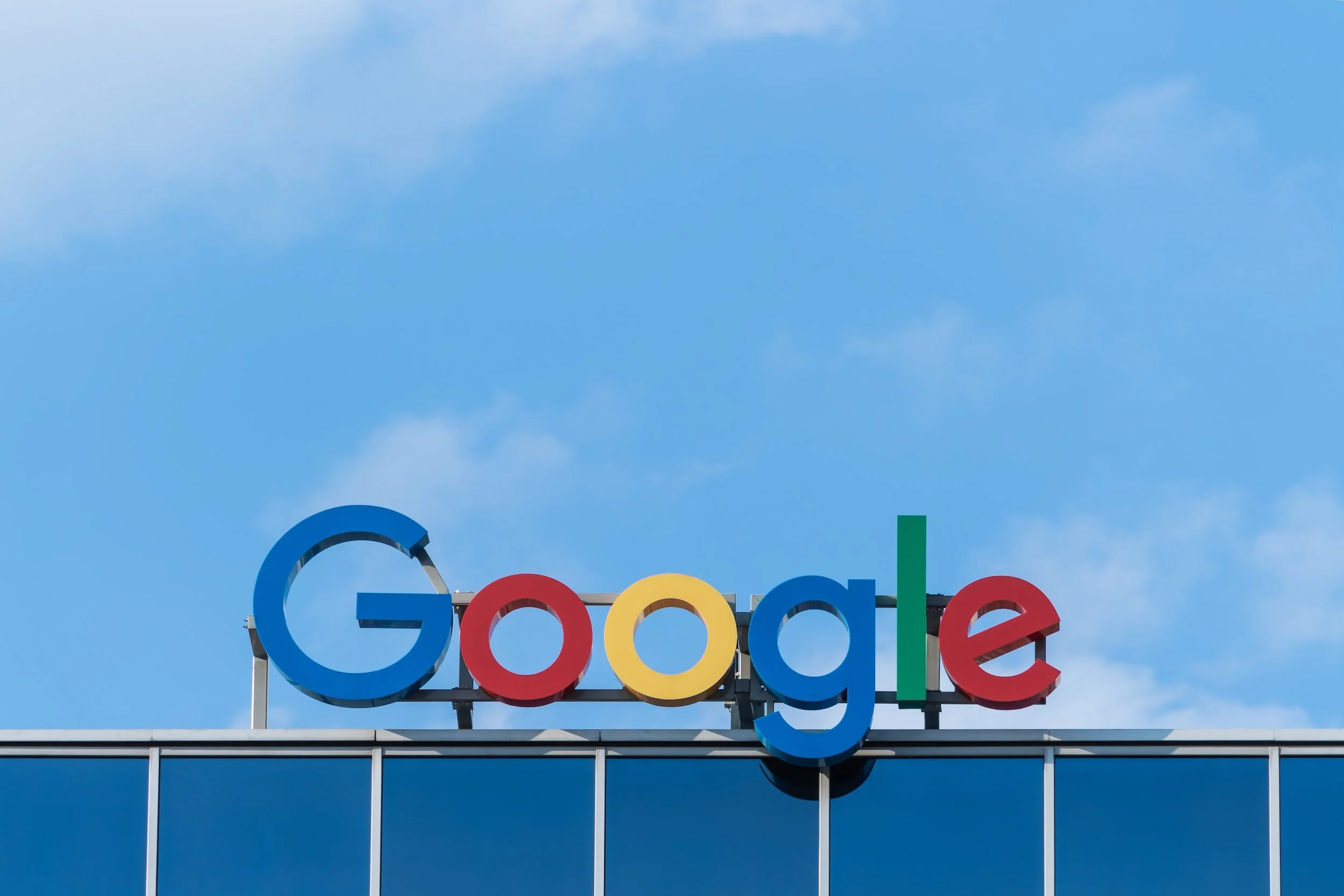Self Publishing vs Traditional Publishing in 2021
I often write about writing. Usually, however, I write about it from the perspective of a content creator creating content for leading businesses, tech companies and beyond. There’s one other area of writing, however, that I often neglect to touch on, but one that I am also very interested in. That is the area of book publishing. Earlier this year, I self published a book on Content Marketing. While going through this process, not only did I realize how much better certain self publishing tools have gotten in recent years, I was equally amazed by the continued opportunity self publishing affords everyone. Not only is self publishing a great outlet for authors and writers and artists, it’s a convenient tool for any professional looking to build their own personal brand. And yet, many literary elites downplay the tremendous potential self publishing has to offer. And it’s no wonder why. Self publishing has the potential to put an end to traditional publishing.
Self Publishing – An Image Issue
I self published my first book when I was probably only 15 or 16 years old. It was a small collection of poems and I ran a Facebook advertising campaign for it, and used my own artwork as the cover of the book. A few years later, I released my first novella on Amazon Kindle. That was only a few years after the first kindle had been released, and only a few years after self publishing on a big scale had become a thing. Yet, nobody really knew what to make of it. The self publishing world abounded with grammatical errors, low quality work, and suspicion. The suspicion, of course, was also boosted by the traditional publishing world. After all, their authority up until now had been absolute. They were the final arbitrators of whether or not content – real, fleshy content – could be birthed into the world at large. Now, thanks to the internet, anyone with intelligence and know how could reach the world at large. It would take several years for people to catch up with the notion of self publishing. Today, however, there’s not really a great divide between the two. In fact, only a few subtle differences of any meaning exist.
Self Publishing vs Traditional Publishing – A Question of Rights
What it really comes down to is who owns the rights. With traditional publishing, you effectively sell publishing rights to the publisher who then gives you a pittance of royalties. Now, this can pay off if you get published with one of the BIG publishers, and sell millions and millions of copies. A step down, however, from the big boys and you might as well be working at the local deli – because your earnings will reflect minimum wage.
Compare this to self publishing, however, and you start to see why self publishing has become such an enticing sell. With self publishing, you keep all of the rights to your work. You also keep as many of the royalties as you want. This is only affected by the services you use. If you publish directly from your website, for example, via an ebook, you can keep the entirety of your royalties. Selling through third parties like Amazon, however, will see some of your profits jettisoned. Here, you are basically paying Amazon for access to their stellar pool of readers. Which raises a very large question.
With Access to the Customers from the World’s Largest Marketplace, Why Go the Traditional Publishing Route at All?
Traditional Publishing Used to Give You Access to a Larger Audience
How do you build an audience as a writer or an artist? Ultimately, for a creative, getting the word out is the hardest thing. At the same time, it’s also something that writers and artists are not typically very good at. Being an artist does not necessarily imply that you love talking in front of large crowds, building a personal brand, or handling business affairs. However, to be truly successful as a creator, you need to be good at almost all of these things. Because you yourself have to be your biggest advocate. And guess what – that doesn’t change just because you land a major publishing deal.
In his book about podcasting, Eric Nuzum talks about the big myth that permeates the creative world. It goes something like this – once upon a time people didn’t have to market the creative work they created. Only now is that a thing. This isn’t true, however. People have always had to play a role in marketing their creative work. Today, however, it’s just become more necessary than ever, and more effective to do so than ever.
Still, I think many shy writers, afraid about the real value of their work, hope that landing a publishing deal will somehow validate their creative talents. By getting that big stamp of approval from a publishing company, they feel they’ve done their jobs. They can tell their grandmas and friends that they are the writer of the future – along the direct lineage of the greats like Hemingway and Fitzgerald themselves.
Traditionally Published Authors Must Still Promote Their Work
Unfortunately, there’s never a stage in the writer’s journey where you can just check out of the promotional bubble. In fact, even A-list actors for major motion pictures have to promote the movies they are in. It never ends! Today, traditional publishers still expect you to help market your book, with many publishers leaving the marketing entirely up to you! Suddenly, that stamp of approval that your work is “published” by a traditional publishers is starting to be a lot more costly than you imagined. Sure, your upfront costs were minimal. But now you’re paying for that stamp of approval with the huge royalty cut they are taking from you for each book you sell.
For 98% of Us, Self Publishing is the Way to Go
The vast majority of us will get far more out of self publishing than traditional publishing, and there are virtually only two scenarios that will make traditional publishing a better option. First let’s reiterate the advantages of self publishing. With self publishing, you keep the rights, you keep the money, and you stay in control over all creative decisions. With traditional publishing, you don’t keep all the money, you don’t keep the rights, you don’t stay in creative control. But you do get access to marketing help, editing help, and strategic help with distributing your book. However, all of that help cannot offset the money you would have made on your book if you’d just published it yourself. Which leaves only two reasons to self publish.
You Are Already Famous Or Your Book Has Broad Appeal
If you are famous, if you already have a major following, then a traditional publisher will pay an arm and a leg to publish your book. This is where those big upfront advances come into play. Typically, before a publisher will give you a big book deal, they’ll want to know that your book is a sure fire to sell 50,000 copies.
Or, maybe you landed a solid contract at a second-tier publisher with a modest advance and you are weighing your options. A third alternative might be you are the wonder story, you are the unknown writer capable of writing a book with such broad appeal that the publishing powers that be are willing to shell out serious money for your first book. This would put you on the level of the Nicholas Sparks, the JK Rowlings and Stephen Kings of the world. But most of us aren’t those people. And that’s okay.
You Don’t Need to Have Ridiculously Broad Appeal to Be Successful
Here’s the thing, however – chances are you aren’t a celebrity, and you didn’t write a book with Harry Potter levels of mass appeal. That’s okay! In fact, if you’re just starting out, writing for a niche audience is preferred. My book on Content Marketing, for example, will never be Harry Potter, or Rich Dad Poor Dad, or something like that. It’s written to a very specific, niche audience: young people who want to make it as content creators. Okay, so the major publishers want a pretty size-able audience for you, but that doesn’t mean you need one. For example, you could easily make a good amount of money providing content to a very small audience. Also, writing a book and publishing it helps establish you as a thought leader. A potential employer, business partner or client who navigates to your website and finds cold hard copy available for sale will think that you are most impressive.
Additionally, instead of playing the waiting game, how successful your self published book will be is dependent on you. You don’t have to spend a year querying agents, and then another year or more waiting for a publisher to bite, and then another year waiting for the book to actually get published. With self publishing, once the book is written, the cover made, and the ebook processed, you can have it up on your website.
For Authors, Building a Brand and a Content Engine is More Necessary Than Ever
The sad truth is, today, the chances that someone is going to come along and make an author celebrity out of you from scratch is similar to the odds of walking out to a tranquil field on a sunny day and getting struck by lightning. However, there are things you can do TODAY to start getting your work out there.
Build a website: every author needs a platform. Building a website is your best chance to have a great impression on someone.
Get active on social media: if you are a writer, then you are in luck. There is a tremendous community of writers out there on social media eager to connect with other people with their shared interest.
Let your books market themselves: one thing successful published authors often say is that nothing markets their first book like their second book. Get your first book out there on Amazon, Barnes and Noble, Apple Books – everywhere and anywhere, and start writing your next book!
Start blogging: blogging is a great way to introduce your work to people. They start reading a little bit, and soon they’ll want to start reading more.
Stay consistent: the biggest mistake I see people make online is not being consistent. Brands and platforms aren’t build in a day. They’re built day after day, year after year.
Now that you know how self publishing stacks up against traditional publishing, are you ready to start building your personal brand? Subscribe to my newsletter and get the latest tips and tricks from authors like you about how they built their personal brand, and even landed literary agents and book deals!





